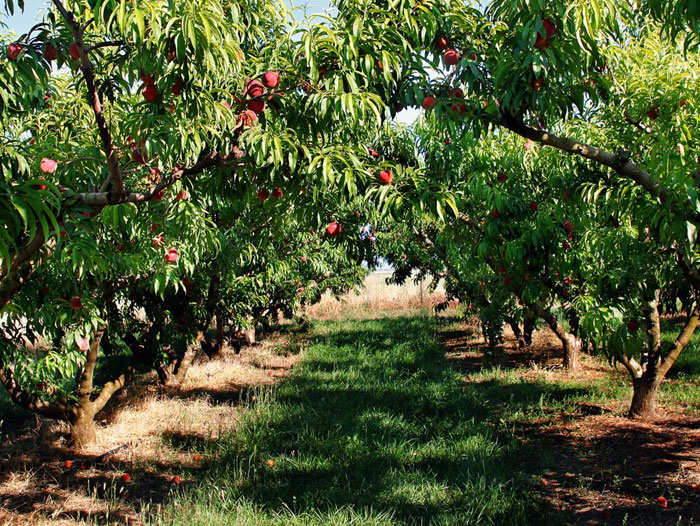The Economic Impact of the USMCA on Georgia’s Small Fruit and Vegetable Industries
May 3, 2019 | 2 min to read

The University of Georgia (UGA) recently released a Policy Brief on The Economic Impact of the United States Mexico and Canada Agreement (USMCA) on Georgia’s Small Fruit and Vegetable Industries. Click here to view the full report.
GFVGA leaders and growers have long known USMCA as written would be devastating to the fruit and vegetable industry in Georgia, but this study provides substantial evidence to share with our legislators.
GFVGA has released the following statement regarding the study and the continuing need for the Administration and our Congressional leadership to work together to find an acceptable solution to prevent the devastating forecast of this report.
While the Administration tried to include seasonal and perishable provisions in the United States Mexico and Canada Agreement (USMCA) trade agreement to protect U.S. fruit and vegetable growers from unfair trade practices in Mexico, they were unsuccessful.
The University of Georgia (UGA) Impact Study clearly documents the effect the North American Free Trade Agreement (NAFTA) has had on the southeastern fruit and vegetable industry and projects the catastrophic impact USMCA will have, not only on our growers, but also on Georgia’s rural communities without a credible solution.
The conclusions of this study vividly state the economic losses to Georgia’s blueberry and vegetable industries will be considerable.
- The state is on track to lose nearly one billion dollars in annual economic output and over 8,000 jobs…
- In some rural communities (Clinch and Echols counties) the income losses to the county’s economy will be over 40%… economic damage on the scale of the Great Depression.
- In several other rural communities (Appling, Brooks, Colquitt and Decatur) the percentage drop in county incomes is in the range of 2 to 5%, equivalent to an economic recession.
The Georgia Fruit and Vegetable Growers Association (GFVGA) calls on the Administration and our congressional leaders to work together to find an acceptable solution to prevent the devastation forecast in this report if USMCA is approved without effective trade relief. Family fruit and vegetable farms in the southeast that have operated for generations must have a solution that provides relief from Mexico’s unfair trading practices. Without effective relief, farm operations will be forced to shut down as projected in this Impact Study. www.gfvga.org
